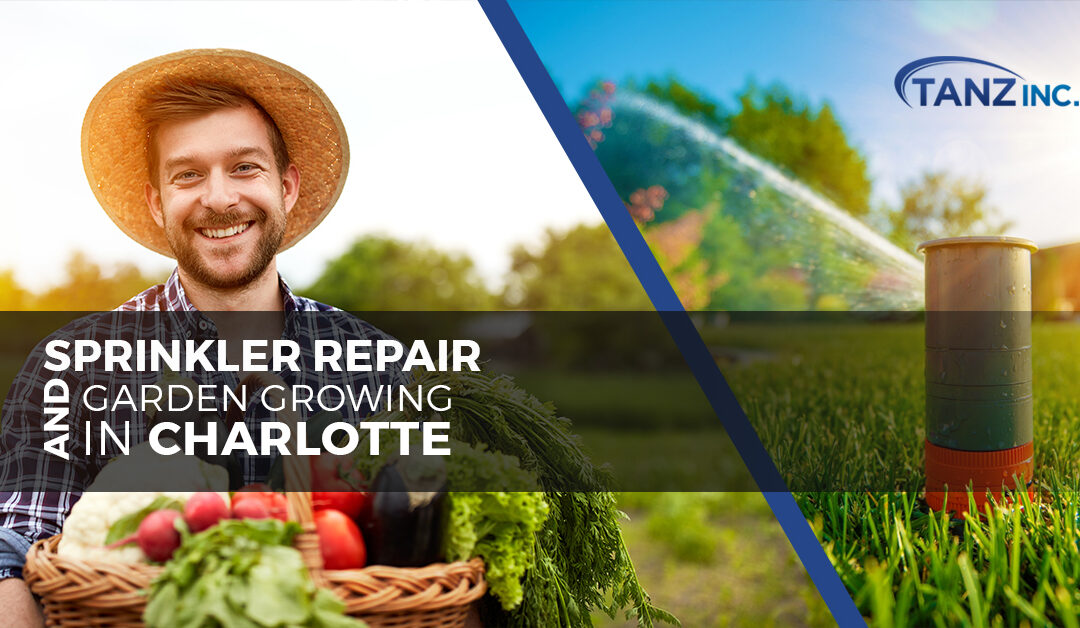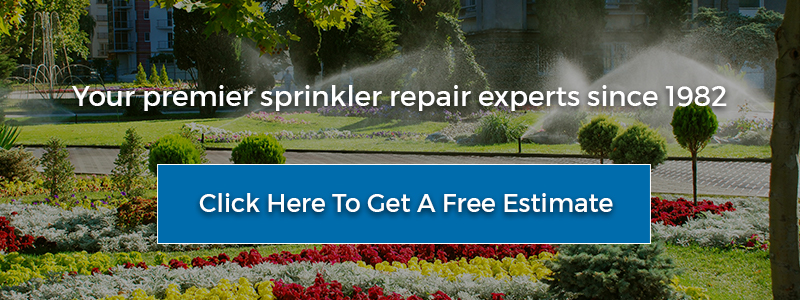Growing your own vegetables is both rewarding and fun. All you really need to get started is a few plant, decent soil and the will to do a little work each week throughout the summer. You will also need to know the basics if you want to have a successful garden. For example, a garden will need plenty of water, which means you should call your sprinkler repair service in Charlotte so your vegetables don’t die of thirst.
There are any number of reasons you want to plant a garden. Some people need a hobby, while others know that gardening is good exercise. But most people plant vegetable gardens so they can reap the benefits of fresh, healthy vegetables in the fall. After all, there is nothing quite like biting into a cucumber you grew on your own. Let’s highlight a few of the basics of vegetable garden planning.
Start Small
It is far better to be proud of a small successful garden than frustrated by a big one. One of the most common errors rookie gardeners commit is in planting way too much too soon. Unless you plan on feeding your entire family all winter solely off your garden harvest, start small and plan carefully.
Location, Location, Location
You will want to find a location in your yard that gets plenty of sunshine, vegetables need the sun to grow. Vegetables need a minimum of six hours of direct sunlight a day, but eight hours is even better. The more sunlight they receive, the better the harvest.
You will also want to find a spot where there is at least some protection from the wind. The Wind can damage plants, so take advantage of your two-story house and utilize it in a way that protects your garden.
Good Soil
Vegetable roots penetrate soft soil more easily, so you need loamy soil. You will also want to enrich the soil with compost and other needed nutrients. Proper drainage of your garden will help ensure that water doesn’t collect on top or drain too quickly.
Proper Spacing
Make sure you space your crops properly. Corn, for example, needs more space than peas and can steal the sunlight from smaller plants. If your plants are too close together, there will be fierce competition for sunlight. So pay extra attention to the recommendations on the seed packets concerning spacing.
Quality Seeds
You can buy cheap seeds, but if they fail to germinate, you really didn’t save any money. Don’t be such a penny-pincher and spring a few extra cents for quality seeds. The payoff will be in the great harvest you reap.
Weed and Water
Planting a garden takes commitment on your part. You can’t expect to spend one weekend planting your garden and then come fall, you pick all the wonderful vegetables you grew. You need to work every week to keep things moving along.
While you may not have to manually water because you have a sprinkler system, take the time to make sure all parts of the garden are getting much-needed water. You will also want to pluck those pesky weeds that are stealing the nutrients your tomatoes and peas need.
Choosing Your Vegetables
You have the right to plant whatever types of vegetable you want in your garden. But just keep in mind that some vegetables are easier to grow than other, so choosing these will better your chances of a successful garden.
Tomatoes are a fine example of a vegetable that is easy to grow. In addition, there are any number of varieties of tomatoes to choose. You can also plant peas, corn and bell peppers, all rewarding vegetables.


